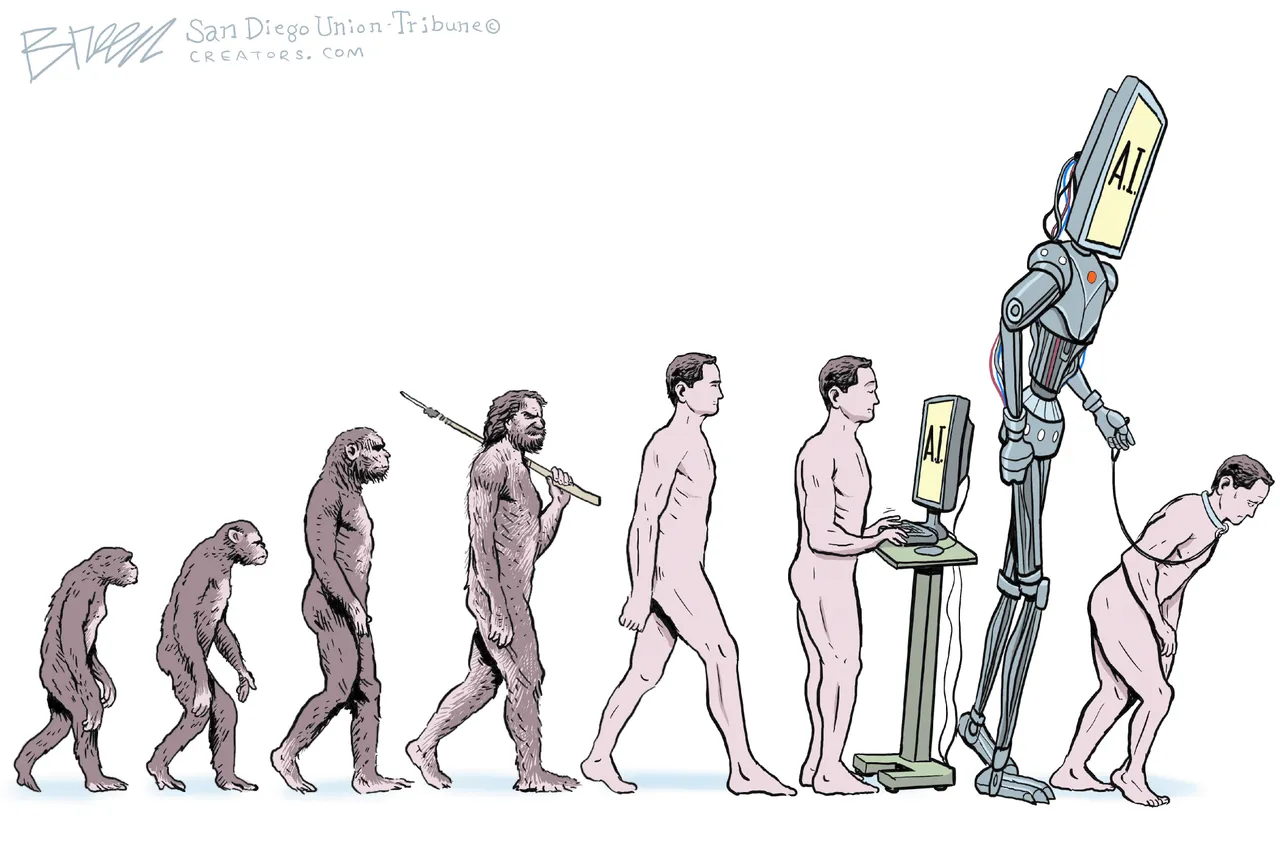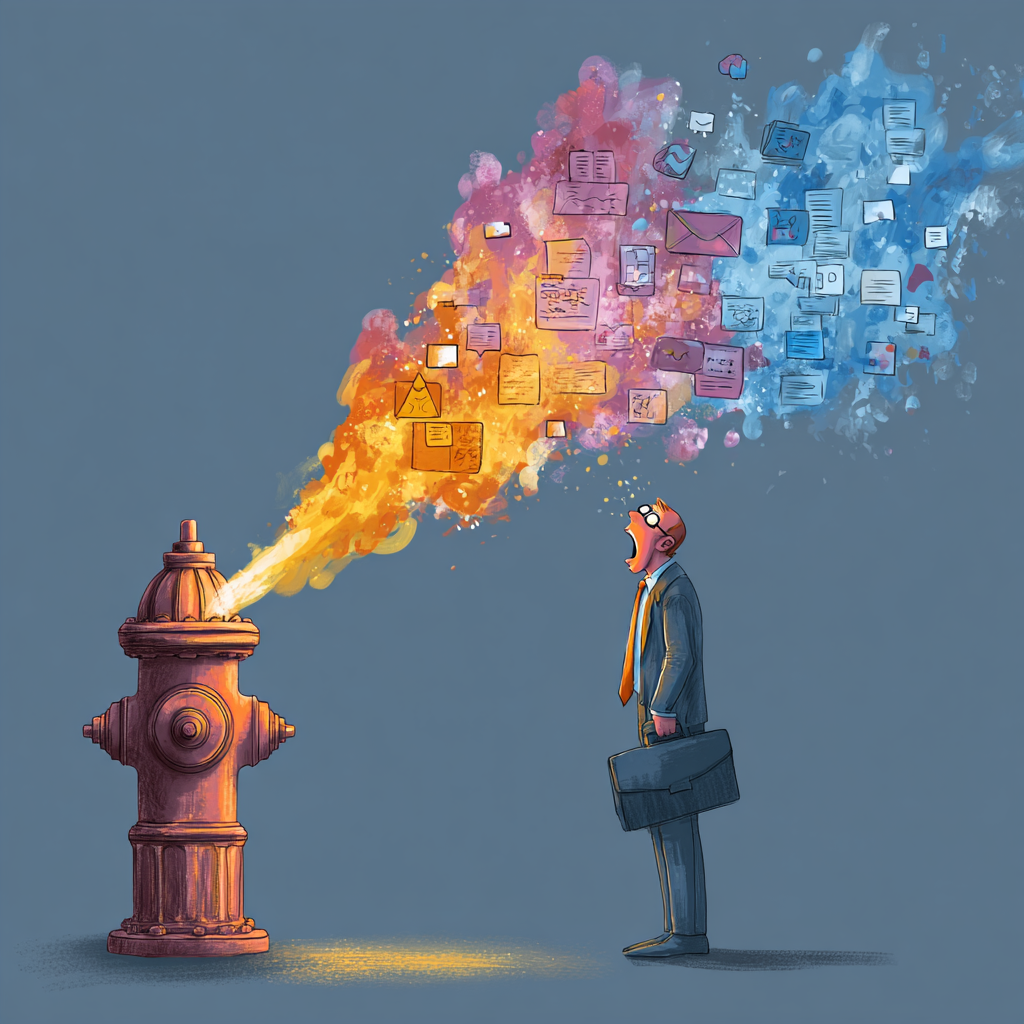A few years ago, when you joined a new team, the process looked something like this: you’d be introduced to your teammates, maybe assigned a buddy, have regular one-to-ones with your manager, complete some online training, and shadow a few tasks.
It wasn’t perfect. It was messy, uncertain, sometimes (often..) awkward. But that “mess” was valuable. You had to ask questions, depend on others, and admit when you didn’t know something.
- “How should I reply to this email?”
- “What’s the deal with the social event coming up, do people stay late?”
- “What’s the dress code for an All Hands?”
- “What do I need to prep for this meeting?”
Dozens of questions like these forced you into conversations. And those conversations weren’t just about getting answers. They built relationships. Every time you asked for help, you were being vulnerable. You were signalling: I don’t know this! Can you help me?
And when someone responded, they weren’t just sharing knowledge. They were building trust with you.
🤓 Geeky Bit
When we choose to admit we don’t know something, or we ask for help, our brain react to this as a “social threat”. The amygdala activates (the brain’s threat detection system), which in turn triggers a feeling of anxiety. That will make us less likely to exhibit the action (of asking for help or admitting you don’t know). To counter that, you have to exert control from the pre frontal cortex. This is the energy hungry part of our brains but its needed to override that threat and continue with the plan to ask for help. This idea of a “Social Threat” or experiencing a “Social Pain” like rejection is powerful. There was research from Eisenberger & Lieberman (2004) that showed that social pain activates the same neural circuits as physical pain.
In contrast, when someone asks us for help, it can activate the brains reward system, making us feel intrinsically “good”. It also activates the region for social binding and empathy (anterior insula and medial prefrontal cortex). Because we feel rewarded for helping someone, we are more likely to do it again.
This is how belonging is built. You start with a handful of connections, and over time they deepen. This becomes your internal network, and often your value to the company builds as this network grows. In industries like tech that are full of ambiguity and pace, where being first is probably valued more than being the best, never has the value of an internal network been more significant.
No one working in tech knows what each day will throw at them. If you’re struggling with something, chances are someone else in your team is too. You can either struggle alone, losing time and energy whilst also probably feeling increasingly anxious. Or you can share it with someone, work through it together, and come out stronger (in every sense).
That’s the perfect outcome for a business: faster solutions, less wasted effort, and stronger bonds.
But this is what I’m starting to worry about: Is AI replacing those conversations?
The Rise of the Judgement-Free Assistant
Most teams already struggle with learning. The yearly wave of corporate training courses usually results in double-speed videos, multitasking through modules, and rushed assessments that are really just acknowledging presentism rather than checking learning.
When we ask teams what they actually want, the most common answer is: “We want to learn from each other.”
Not through the vomit inducing success stories or the humblebrag “win wires.” But through real, messy, practical conversations: Show me how you did that. Tell me what went wrong. How did you handle that conversation. What did you do when x happened.
The tragedy is that most people are in the same team, facing the same challenges…but they tackle them alone! And the potential goldmine of shared learning is never accessed!!
We’ve seen teams that do this well. It’s awesome. They call each other to talk through challenges. They share half-formed ideas and debate them openly. They admit when things are hard, and they pull each other through difficult times. They do not suffer in silence, but they do learn out loud.
These teams outperform the competition. They move faster, adapt quicker, and grow stronger bonds in the process.
Oh the irony…
There is an interesting paradox here given the customers we serve (we only work with fast growing tech companies). The very technology that companies are betting on to drive productivity might be quietly eroding the culture that makes teams thrive.
Every tech company is racing to be the AI company. But inside those businesses, their people are spending less time learning from one another and more time outsourcing their vulnerability to a machine.
This feels like a huge risk to me. Because in the end, AI can give you answers. Only your team can give each other wisdom.
If the future is some mini-empire of Agents being co-ordinated by individuals, I wonder what that produces? I wonder what that feels like? Perhaps the competitive advantage in this next era is not who works the fastest with AI, but who allows AI to evolve at the pace it is, and instead focusses their time and energy on connecting their people.



